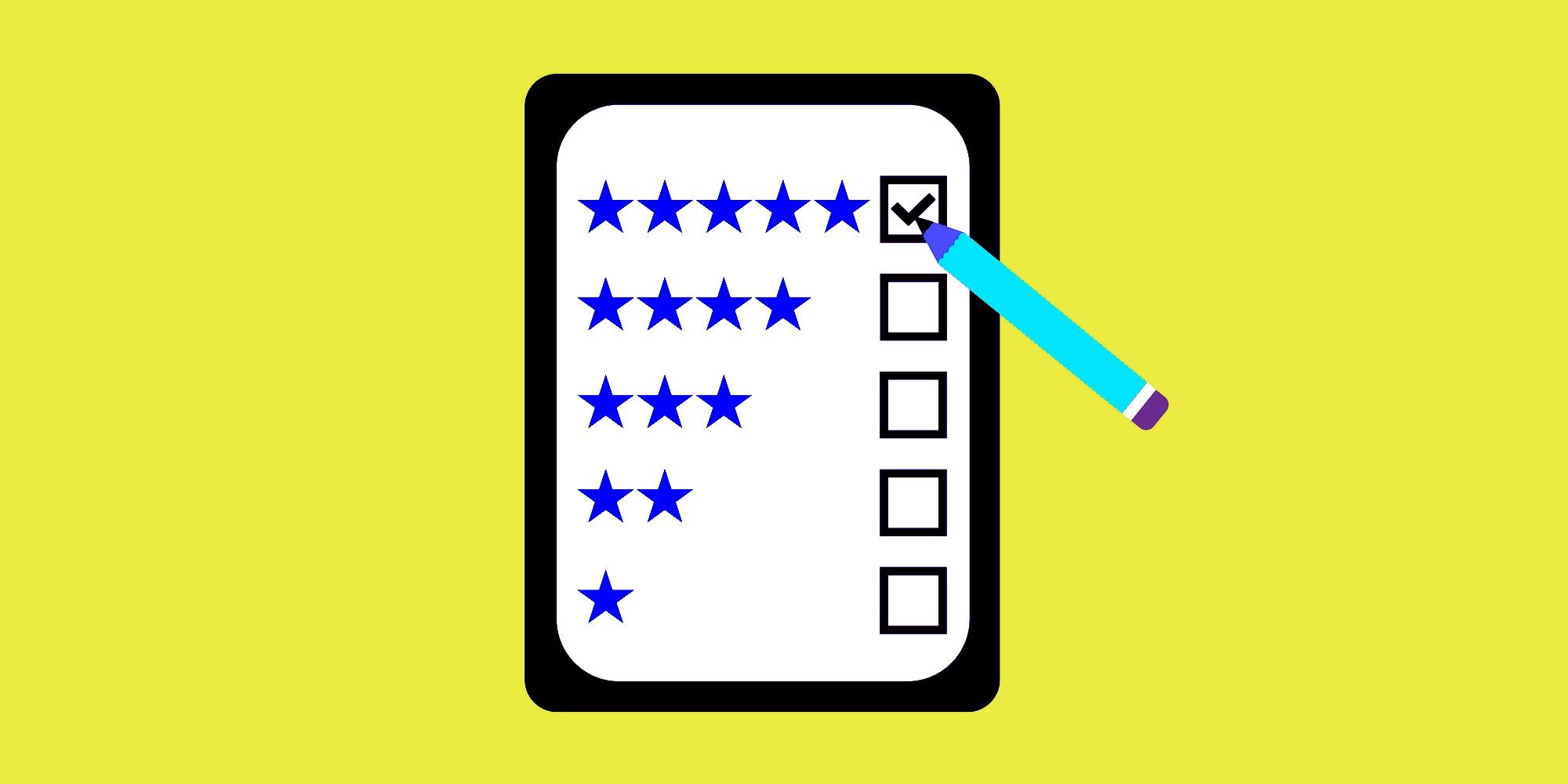
The United States Federal Trade Commission (FTC) has sent out a notice to over 700 companies — a list that includes the likes of Apple, Google, Amazon, and Tesla — warning them about the menace of fake reviews and misleading ad practices using social media, and has asked them to abide by the rules or face penalties. Over the years, fake online reviews have become a menace, and many brands have actually been caught paying for favorable or false reviews on e-commerce platforms.
An Amazon data breach earlier this year revealed that a number of vendors negotiate terms with buyers who are paid to purchase their products and then post sham five-star reviews to boost the star ratings. But it’s not just e-commerce platforms where such practices thrive. In the ballooning world of social media marketing, influencers are often paid to praise a particular product or brand. But the problem arises when these influencers don’t actually disclose whether they are endorsing a particular product after inking a deal, and are just commending it from their personal experience. Pyramid schemes and crypto frauds find a lot of mention on the internet where people with influence — deliberately or unwillingly — often end up promoting a scam.
To combat the rising problem of misleading marketing and shady advertising tactics employed by brands, the US FTC has issued a notice to hundreds of companies to keep their ledgers clean and make proper disclosures if they are engaged in influencer-driven marketing. FTC clarifies that sending a notice to these companies doesn’t mean the agency is charging or alleging them of any wrongdoings. It just serves as a warning signal that it will take strict action against any brand that violates its fair marketing and advertisement policies. However, the US FTC makes it clear that for every violation, a company will be charged a civic penalty of up to $45,792.

The regulatory body — which has lately been at the helm of a heated antitrust campaign against Big Tech — outlined five types of red flags that will incur punitive action. They include wrongfully presenting an endorser as an actual user, making false claims about their products in ads, hiding financial connections with an endorser, peddling an endorser’s views as genuine user experience, and falsely claiming another individual’s endorsement. Back in June of this year, multiple Chinese electronic gadget brands were booted off Amazon for giving customers incentives to post favorable reviews. The most recent example of legal action covering alleged misleading advertisements is Apple. The company recently settled a class-action lawsuit for telling users that ‘remanufactured’ devices under AppleCare coverage are “equivalent to new in performance and reliability,” but actual user experience tells otherwise.
FTC’s latest notice will definitely put big names on edge thanks to the accountability dilemma. For platforms such as Amazon or Apple's App Store, the onus might fall on their respective owners if fake reviews end up hurting customers, even if they were paid for by third-party vendors. Amazon has historically struggled with the problem, and even though it has designed tools that identify suspicious behavior and remove thousands of fake reviews each year, the issue persists. But there is more to the picture than appears on the surface. For example, Amazon recently asked Apple to take down an app that allowed users to check the legitimacy of reviews. With each passing quarter, companies like Instagram and TikTok are adding new marketing tools for influencers, and it is going to be increasingly difficult for regulators to identify misleading endorsements on social media and hold companies accountable.
Source: US FTC
Comments
Post a Comment